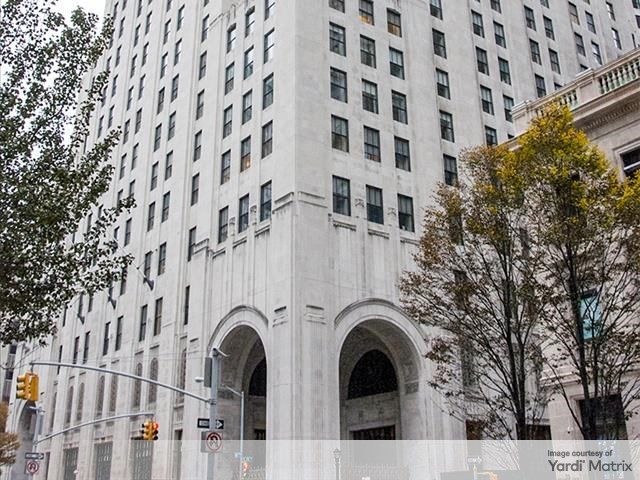Sustainability Holds Growing Role in Capital Investments
By Mark Peternell, Regency Centers
A growing number of private and public investors are reviewing sustainability metrics -- also known as environmental, social and governance criteria -- when making their investment decisions.
By Mark Peternell, Vice President of Sustainability, Regency Centers
Today, sustainability practices are becoming more common among retail REITs with many sharing similar tactics such as smart irrigation, exterior and common area lighting controls, innovative storm water management and LEED-certified developments. There are an assortment of tangible and intangible benefits that real estate owners and operators may capture as a result of these initiatives, ranging from operating expense reductions, faster entitlements, and possibly higher rental rates. However, there is a new trend that may be one of the biggest benefits of all – an increase in demand for sustainable and socially responsible investments.
A growing number of private and public investors are reviewing sustainability metrics – also known as environmental, social and governance criteria — when making their investment decisions. While environmental performance is one of the primary ESG indicators, other factors include governance practices, labor standards and corporate philanthropy, just to name a few.
Sustainable and socially responsible investing applies research on extra financial indicators of corporate competitiveness used to help measure investment risk and competitive advantage. Empirical results strongly suggest positive, statistically significant relationship between corporate sustainability performance and corporate financial performance.
As a result, there has been an increase in the number of assessment tools to help quantify this intangible value. These tools originate from different sources including companies that sell investment decision support tools such as MSCI, sustainability advocacy groups and investment brokerage firms’ own customized surveys. They typically combine qualitative and quantitative research to compare peer performance within an industry. There is less interest in tactics, but more emphasis on results measurement. These assessments utilize either publicly available information such as company websites, companies’ voluntary completion of surveys or both.
An early adopter of sustainability practices, Regency Centers has performed well in both national and regional sustainability indices such as the Dow Jones Sustainability Index and the Southeastern Corporate Sustainability Ranking. While it is difficult to quantify the direct impact of ESG performance on capital market decisions, it’s clear that industry leaders will eliminate a potential road block for some investors, and may perhaps attract new sources of capital. The increase in investor demand for sustainable and socially responsible investment alternative is certainly pushing everyone to think harder about their sustainability practices in a more global context and how that performance is publicly presented.








You must be logged in to post a comment.